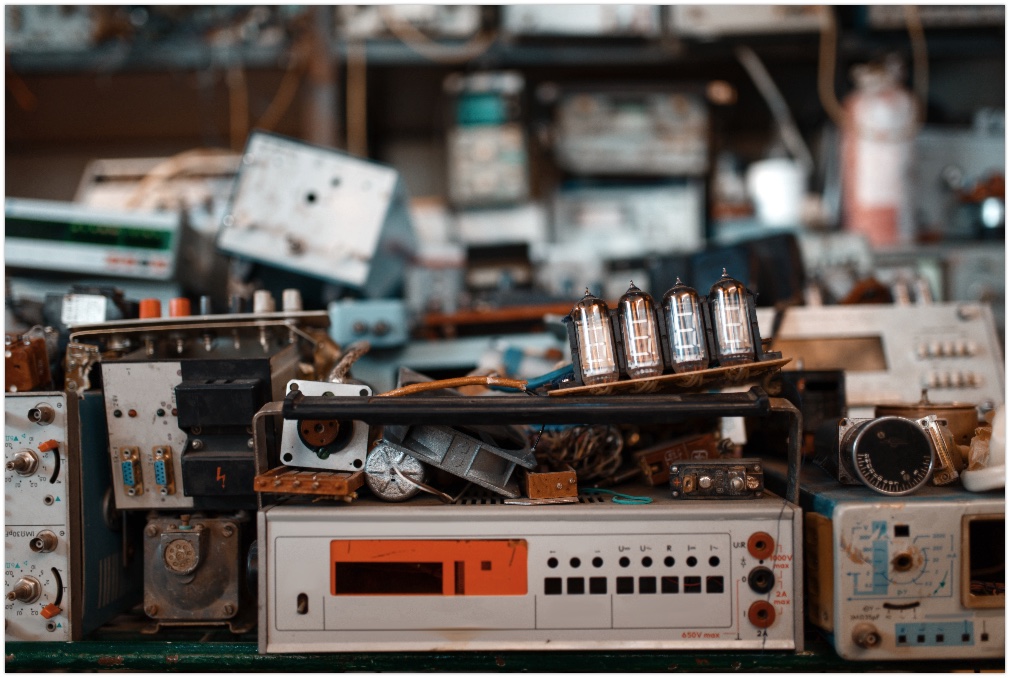Every single day, tonnes of rubbish is thrown out from various sources and settings. The world excretes so much waste from different kinds of human activity. This may come from common households, industries or even natural places. As a result, there are different kinds of waste according to the definition, and one of them is called solid waste. In particular, solid waste is just your garbage in solid material. It comprises a big part of the total waste volume.
In your homes, you throw out the trash that may come from accumulated garbage. However, there’s more from many different sources like factories, hospitals, plants, and many more, and they may also come with liquid waste when not properly segregated.
These are the most common types of solid waste from all sources that you can be familiar with:
Municipal Solid Waste
This kind of waste stems from your homes and as such, it is often referred to as your domestic waste. All things from your house that you want to throw out are considered this kind of solid waste classified into wet garbage and dry garbage.
Normally, what you’d throw out of your homes might be any of the following:
- Old gadgets or electronic waste
- Paper waste
- Plastics and product containers
- Old furniture and fixtures
- Food waste
- Metals
- Organic waste
- Green waste
- Glass
- Wood products
- Cloth
- And other solid material from your homes you’re about to dispose
Handling municipal solid waste is a broad responsibility, but it is slightly a bit easier to dispose of. Many of your waste from don’t pose much trouble or problem especially when you handle them properly before letting your local council or local rubbish removal service pick them up. All you need to do with your domestic waste at home is store them decently and thoroughly. It would also be a bigger help if you set apart the recyclable from the non-recyclable trash.
Hazardous Waste
Although it may come also come from municipal solid waste, hazardous waste mostly comes from many industries and businesses who are more or less engaging in production. This kind of waste is toxic and can cause harm to anybody who doesn’t handle and dispose of it properly. Hazardous waste can also pose threats to many since many are reactive, flammable, irritant and corrosive.
These are some kinds of hazardous waste to look out for:
- Solid metal waste
- Solid chemical waste
- Some rubber products
- Domestic waste that can contain lead, mercury etc.
It needs a little bit more than just segregation and proper collection to dispose of this waste, as such, getting rid of hazardous waste is more complicated and more expensive. If you think you have hazardous waste to dispose of, call your local rubbish removalists first and let them handle it meticulously for you.
Infectious Waste
Infectious solid waste, or more commonly referred to as biomedical waste, usually comes from hospitals and health institutions. Since this kind of waste can come from such places, infectious waste is highly contaminating. It also needs proper handling and disposal.
These are some of the infectious waste your hospitals and institutions nearby gets rid off every day:
- Surgical tools
- Syringes
- Proper Protective Equipment for disposals like masks, face shields and surgical gloves
- Medicine containers and packagings
- Bandages
- Dressings
Infectious waste can seriously cause harm when not handled well. As such, it is important to be attentive and to prepare properly before disposal.
Conclusion
We are your dedicated team of rubbish removalists. We are ready to take on the nasty garbage situation you have going on. Here at Paul’s Rubbish Removal, we handle your waste like no other and we guarantee that your places will be rubbish-free when we pick up your junk. Do you need a household rubbish removal? so all you need to do is sit back and spend time with your family instead of cleaning up? No need for worries. Paul got you covered!
Contact us at 0407 125 125 or send us an enquiry at info@paulsrubbish.com.au







